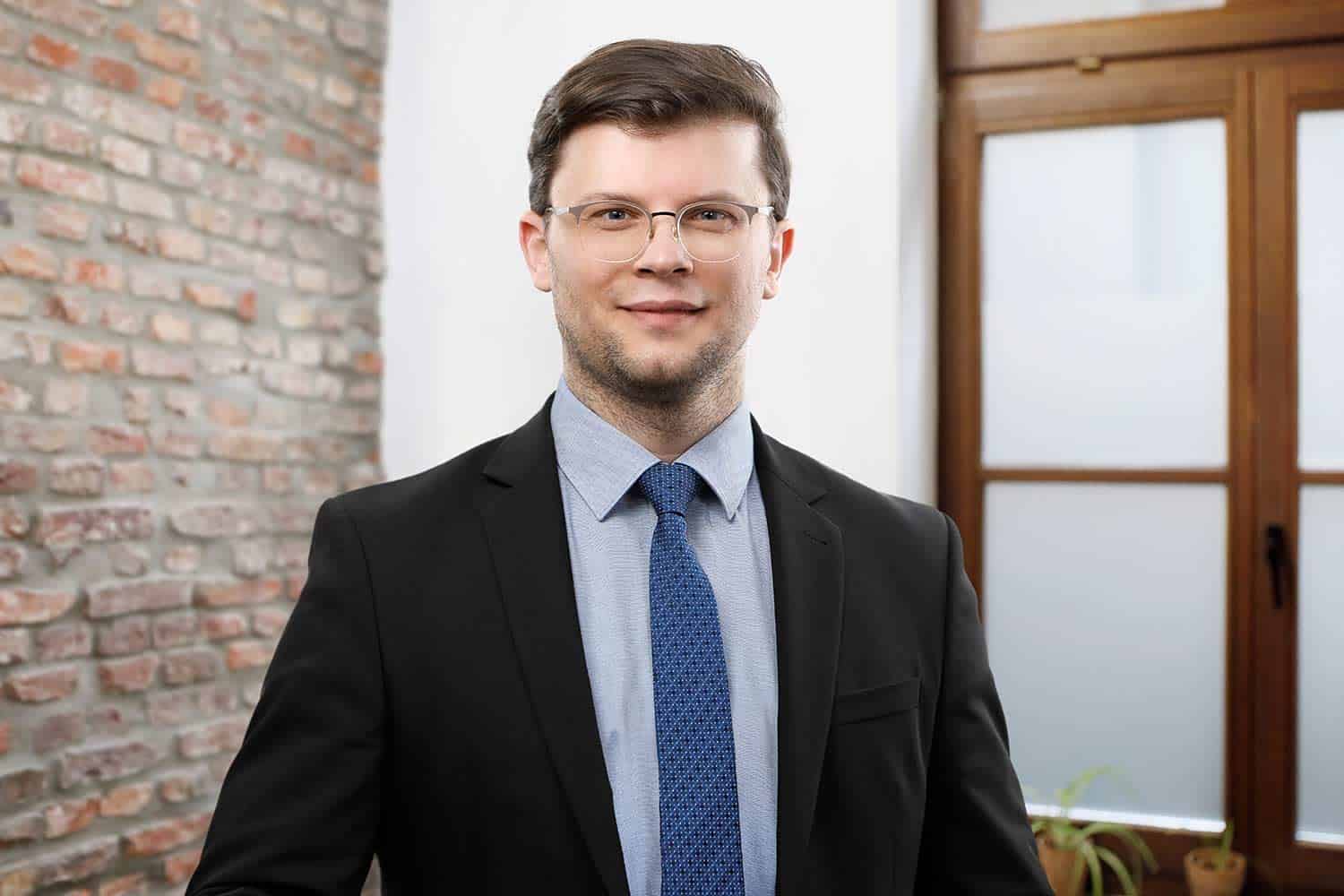Germany has always been one of the most popular immigration destinations in the world due to its stable political situation, strong economy, and central location in the heart of Europe. It is an ideal location for working, starting a family, and realising personal goals and ambitions. German citizenship law is being modernised to facilitate deeper integration and, thus, a greater sense of belonging, political participation, and identification with Germany. Over the next few years, several million foreigners are expected to fulfil the requirements to become German citizens for the first time through naturalisation and residency.
The acquisition of German citizenship is generally based on the principle of descent or place of birth. According to this principle, people acquire German citizenship at birth or through their family roots. However, for people who are resident in Germany, there is the possibility of acquiring German citizenship through residence, based on the length of time a person has lived in Germany.
In this context, the German law firm Schlun & Elseven Rechtsanwälte offers skilled and committed legal advice. Whether you are applying for German citizenship, dual citizenship or a retention permit, our legal team will handle your matter with the necessary expertise and commitment. Our lawyers will take care of the entire application process for you to ensure that the application procedure is completed as efficiently as possible. We will clarify all outstanding issues with the relevant authorities so you can concentrate fully on your core tasks.
What does Naturalisation mean?
The principle of descent and place of birth applies when acquiring German citizenship. If neither is an option, German citizenship can be acquired through naturalisation. The German Bundestag describes naturalisation as an opportunity for comprehensive participation and involvement for foreigners who wish to remain in Germany permanently, are committed to the German free democratic basic order and fundamentally fulfil the requirement of independent economic security for their livelihood. As the naturalisation process can be highly complex and lengthy due to the bureaucratic hurdles, it is advisable to seek legal assistance.
Advantages of German citizenship
Acquiring German citizenship is associated with many advantages. These include:
- Unrestricted freedom of movement within Germany: free choice of residence and place of residence.
- Freedom of movement within the European Union: possibility to work and live as an EU citizen throughout the EU.
- The right to vote and stand as a candidate in local, state, federal and European elections,
- free choice of profession in Germany,
- possibility of travelling to many countries within and outside Europe without a visa,
- easier family reunification and naturalisation of close relatives,
- easier access to social benefits.
Acquisition of German Citizenship: The Requirements
According to Section 3 StAG, German citizenship is acquired through:
- Birth,
- declaration,
- adoption as a child,
- issue of a certificate in accordance with Section 15 para. 1, 2 of the Law on the Affairs of Displaced Persons and Refugees,
- naturalisation.
Naturalisation is therefore only one way of acquiring German citizenship.
Entitlement to Naturalisation
According to Section 10 StAG, the application of a foreigner must be granted if they
- have been legally resident in Germany for five years,
- their identity and nationality have been clarified,
- are committed to the free democratic basic order of the German Basic Law, does not pursue any unconstitutional endeavours, and acknowledges that acts motivated by anti-Semitism, racism or other misanthropy are incompatible with the guarantee of human dignity in the German Basic Law,
- have a permanent right of residence in Germany,
- can support themselves and their dependent family members without claiming social benefits or are not responsible for claiming them,
- have sufficient knowledge of German,
- have not already been convicted of a criminal offence,
- have knowledge of the legal and social order and living conditions in Germany.
The requirement under Section 10 (1) No. 4 StAG (previous version) that naturalisation can only occur if the applicant gives up or loses their previous citizenship has been removed, so the new law makes dual citizenship through naturalisation possible.
Naturalisation Procedure: Exceptions to the Requirements
However, Section 10 para. 2 et seq. StAG provides for numerous exceptions to the requirements listed above. For example, the period of legal and habitual residence can be shortened under certain circumstances. For example, it can be shortened to 3 years if an integration course has been successfully completed or the requirements of a C1 level language test have been met (see Section 10 para. 3 StAG). Spouses and underage children can also be naturalised if they have not been legally resident in Germany for eight years.
Proof of German Language Skills
Language skills are essential for successful integration. Depending on the applicant’s situation, the language level to be proven is limited to oral proficiency and a naturalisation test is no longer required under the new law. There is also a hardship clause for proof of language skills if it is not possible or permanently challenging to acquire language skills at level B1 despite serious and sustained efforts. If proof of language level B1 is required, this can be done in the following ways:
- Successful participation in a language course as part of the integration course,
- language diploma as proof of B1 level,
- four years at a German-speaking school,
- secondary school leaving certificate (Hauptschulabschluss, Realschulabschluss or Abitur/A-Levels),
- completed German-language vocational training,
- completed studies at a German-speaking university or university of applied sciences.
Naturalisation of Spouses and Partners of German nationals
Spouses and partners of German nationals can also apply for naturalisation (Section 9 StAG). As a rule, naturalisation takes place if the spouse or partner:
- has been legally and habitually resident in Germany for three years,
- can prove German language skills at B1 level,
- has not been convicted of a criminal offence (nor has a measure been ordered due to their incapacity),
- has found their own accommodation,
- can support themselves and their dependants without being dependent on social benefits,
- loses or gives up their previous nationality,
- respects German laws, social norms, and the free, democratic, and constitutional order of Germany.
Naturalisation at the Discretion of the Authorities
If the applicant is not entitled to naturalisation by Section 10 StAG, they can still be naturalised if the authority approves the application following Section 8 StAG.
a) Requirements
A requirement for such an application is that the applicant:
- has been legally and habitually resident in Germany for 8 years,
- has not been convicted of a criminal offence,
- has their own accommodation,
- can support themselves and their dependants without being dependent on social benefits.
b) Other Factors
As part of the discretionary decision, the authority considers, among other things, the extent to which the applicant fits into German society. Knowledge of German or commitment to the free democratic basic order is essential. The fact that family members already have German citizenship is also considered.
c) Exceptions
The prescribed period of residence of eight years may be shortened for certain groups of persons. These groups include:
- Foreigners without habitual residence,
- minors,
- persons of advanced age,
- persons whose employment is of importance to society as a whole, in particular in the fields of science, research, business, art, culture, media, sport or in the public sector.
The changes to the German citizenship law remove the requirement to ensure integration into German living conditions.
Cases of Hardship
In exceptional cases, the authorities may grant an application even if the requirements of Section 8 StAG are not fully met. For example, in the following situations:
- Former Germans and their minor children who have their habitual residence abroad can be naturalised if their identity and nationality have been clarified and they have not already been convicted of a criminal offence (Section 13 StAG).
- Foreigners who have their habitual residence abroad can be naturalised if the other requirements of Sections 8, 9 StAG are fulfilled and there are ties to Germany that justify naturalisation (Section 14 StAG).
Naturalisation Application and Procedure
Interview and application: As a rule, a counselling interview takes place first. The authorities in your place of residence will then provide you with the relevant application forms. Foreign citizens can apply for naturalisation from age 16, whereby a fee of 255 euros must be paid. For children who are naturalised together with their parents, the fee is 51 euros.
Certificates: Depending on your individual situation, you will need to submit various documents. These include education certificates, proof of income, and language certificates.
Naturalisation test: Applicants can register for a naturalisation test at the German Federal Office for Migration and Refugees. The local naturalisation authorities can provide information on the nearest examination centre.
Processing the application: The competent authority will then examine your application. As part of this process, enquiries will be made to the German Employment Agency, Social Welfare Office, Federal Office of Justice, State Office of Criminal Investigation, and the Federal Office for the Protection of the Constitution to check the information you have provided.
Naturalisation: If all requirements are met and all necessary documents have been submitted, the authorities will approve your application for naturalisation.

Practice Group: German Citizenship Law
Practice Group:
German Citizenship Law
Contact our Lawyers for German Citizenship Law
Please use our online form to outline your request to us. After receiving your request, we will make a brief initial assessment based on the facts described and provide you with a cost offer. You can then decide whether you would like to engage our services.
















